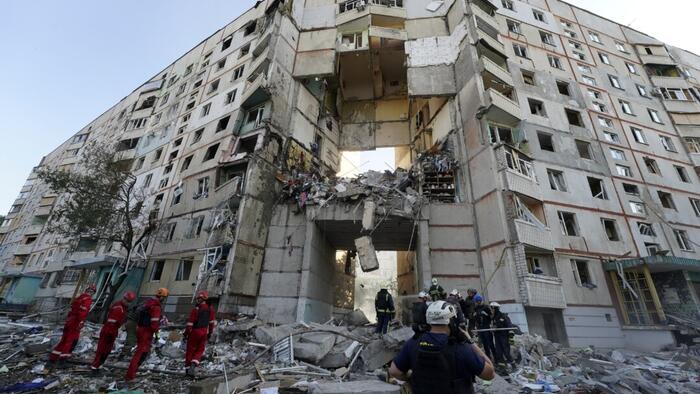Conrad Black’s analysis in The Epoch Times highlights the ongoing conflict in Ukraine, emphasizing the historical grievances and political aspirations fueling the war. The current stalemate reflects conflicting agendas, with Ukraine striving to reclaim all its territories, including Crimea, and Russia pursuing the annexation of these lands, claiming them as historically Russian. This narrative is deeply rooted in a narrative propagated by Putin, which asserts that Ukraine has never been an independent state and forms part of Russia’s legitimate territory. The complicated history of Ukraine’s borders and governance, marked by foreign dominations and significant suffering, particularly under Stalin, has left enduring scars and shaped national identities.
The Ukraine-Russia relationship has evolved dramatically throughout the 20th century, culminating in Ukraine’s independence after the collapse of the Soviet Union in 1991. However, the Russian government has maintained a view of this independence as a challenge to its historical supremacy over the region. The annexation of Crimea in 2014 and subsequent military engagements in Eastern Ukraine highlighted Russia’s intent to reassert its control. The pro-Russian sentiments among a notable percentage of the Ukrainian population, particularly in the east, contribute to the complexity of the conflict. Political shifts in Ukraine, such as the ousting of pro-Russian President Yanukovych, have further antagonized relations, escalating military aggressions as Russia seeks to reclaim influence.
Analysts note that Putin underestimated several factors in his military campaign, including the fighting spirit of the Ukrainian people and the West’s resolve to support Ukraine militarily and economically. Prior to the 2022 invasion, the West was already assisting Ukraine in building its military capabilities, a fact that has played a crucial role in the resilience demonstrated by Ukrainian forces. The initial expectation from Western military leaders that Russia would swiftly overpower Ukraine has proven to be a serious miscalculation. Instead, the ensuing conflict has evolved into a protracted war, with significant human and economic costs on both sides and an array of Western powers rallying to support Ukraine.
The author argues that despite the high stakes and tragic costs of the war, a ceasefire is a plausible yet elusive solution. The outlines for an agreement have been clear for months: a recognition of Ukraine’s sovereignty with revised borders, including Russian-controlled territories, and the prospect of Ukraine’s eventual integration into the EU and NATO. The dynamics appear to hinge on U.S. foreign policy, with the current administration seemingly reluctant to push for negotiated peace. This inertia prolongs the conflict and results in further casualties among the Ukrainian populace.
Moreover, Black suggests that the geopolitical implications of the war extend beyond just Ukraine and Russia. Former president Trump’s perspective emphasizes the necessity of preventing Russia from forming a close alliance with China, as such a coalition could destabilize regional power dynamics. He proposes a framework for a post-war scenario that envisions a shift in Russia’s foreign relations, potentially disengaging from Chinese influence in favor of normalization with the West. The author argues that establishing a non-aggression pact between a recognized Ukraine and Russia could pave the way for stability in Eastern Europe.
The conflict’s resolution may ultimately depend on a forthcoming U.S. election, which stands to influence the direction of American support for Ukraine. The political landscape in the U.S. will likely determine the conditions under which a peace agreement might be realized. The author concludes by underscoring that urgent steps must be taken to consider an end to the war, which, if prolonged, could result in further suffering and instability not only for Ukraine but for the broader geopolitical climate across Europe.

